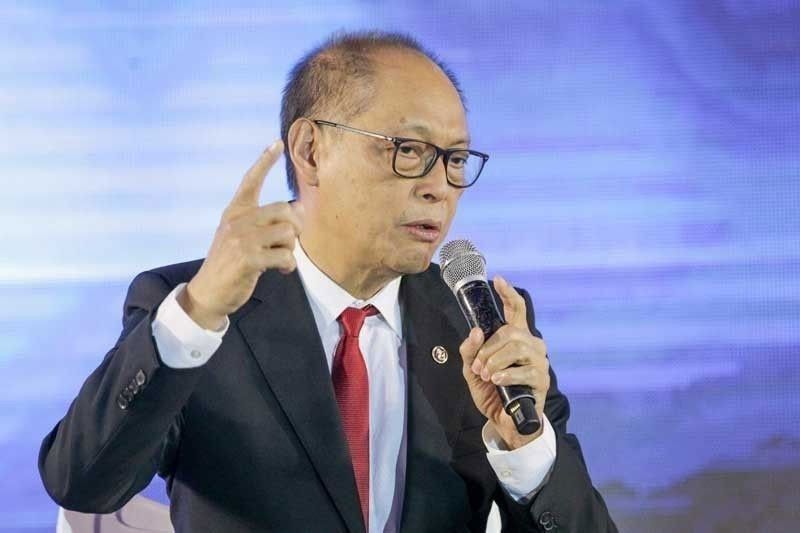Diokno: TRAIN Law continues to support economy’s growth

MANILA, Philippines — Finance chief Benjamin Diokno maintained that the Tax Reform for Acceleration and Inclusion (TRAIN) Act supports the country’s economic growth as he welcomed a court decision on the law’s constitutionality.
The Supreme Court (SC) recently affirmed the constitutionality of the TRAIN Law which was passed under the Duterte administration. This was despite the petitions seeking its nullification for being anti-poor.
The SC also emphasized that the imposition of regressive taxes is not prohibited by the Constitution.
“The implementation of the TRAIN Act provided significant relief to taxpayers while generating necessary revenues that fund the country’s infrastructure projects and other priority programs,” Diokno said.
“Game-changing tax reforms such as the TRAIN and CREATE (Corporate Recovery and Tax Incentives for Enterprises) Act, paved the way for our country’s continued economic growth and fiscal sustainability,” he said.
To recall, TRAIN was the first package of the Comprehensive Tax Reform Program (CTRP) initiated by the previous administration.
This aims to make the country’s tax system simpler, fairer, and more efficient. It also aids in revenue generation which is necessary for addressing poverty and improving the economy.
As part of the TRAIN Law, the government reduced the personal income tax for 99 percent of taxpayers, a much-needed relief after 20 years of non-adjustment.
Through TRAIN, the government has basically given out a 14th-month pay every year to wage earners as it exempted workers with a gross annual income of P250,000 and below from paying personal income taxes.
In exchange, the measure slapped excise taxes on fuel, sugar-sweetened beverages, vehicles, among others, revenues from which were allocated for the completion of big-ticket projects.
The DOF is pushing for the passage of the remaining packages of the CTRP that are pending in Congress.
These are bills that seek to modernize real property valuation and assessment, and simplify the taxation of passive income and financial intermediaries.
- Latest
- Trending


























